
Magical Arusha: Gateway to Tanzanian Wonders
Arusha, nestled at the foothills of Mount Meru, is a vibrant city that serves as the gateway to Tanzania's most stunning natural attractions. Known for its cool climate and lush surroundings, Arusha is the perfect starting point for safaris to Serengeti National Park, Ngorongoro Crater, and other famous wildlife reserves. The city itself is bustling with life, offering a mix of modern amenities and traditional African culture. As you stroll through the streets of Arusha, you'll encounter a blend of colorful local markets, charming cafes, and artisan shops. The Central Market is a must-visit for those looking to immerse themselves in the local culture and pick up unique souvenirs. For history enthusiasts, the Arusha Declaration Museum provides insight into Tanzania's rich past and the pivotal moments in its journey to independence. Nature lovers will find plenty to explore within the city and its surroundings. The Arusha National Park, with its diverse landscapes and abundant wildlife, offers opportunities for hiking, bird-watching, and game drives. For a more relaxed experience, the Meserani Snake Park provides a fascinating look at some of the region's most intriguing reptiles. Whether you're an adventurer at heart or looking to soak in the serene beauty, Arusha promises an unforgettable experience.
Local tips in Arusha
- Visit the Central Market early in the morning for the freshest produce and most vibrant atmosphere.
- Book your safari tours in advance, especially during peak seasons, to ensure availability.
- Carry light layers of clothing, as Arusha's climate can vary from warm days to cooler evenings.
- Learn a few Swahili phrases; locals appreciate the effort and it can enhance your experience.
- Hire a local guide for a more insightful and personalized exploration of the city's attractions.
Magical Arusha: Gateway to Tanzanian Wonders
Arusha, nestled at the foothills of Mount Meru, is a vibrant city that serves as the gateway to Tanzania's most stunning natural attractions. Known for its cool climate and lush surroundings, Arusha is the perfect starting point for safaris to Serengeti National Park, Ngorongoro Crater, and other famous wildlife reserves. The city itself is bustling with life, offering a mix of modern amenities and traditional African culture. As you stroll through the streets of Arusha, you'll encounter a blend of colorful local markets, charming cafes, and artisan shops. The Central Market is a must-visit for those looking to immerse themselves in the local culture and pick up unique souvenirs. For history enthusiasts, the Arusha Declaration Museum provides insight into Tanzania's rich past and the pivotal moments in its journey to independence. Nature lovers will find plenty to explore within the city and its surroundings. The Arusha National Park, with its diverse landscapes and abundant wildlife, offers opportunities for hiking, bird-watching, and game drives. For a more relaxed experience, the Meserani Snake Park provides a fascinating look at some of the region's most intriguing reptiles. Whether you're an adventurer at heart or looking to soak in the serene beauty, Arusha promises an unforgettable experience.
When is the best time to go to Arusha?
Iconic landmarks you can’t miss
Cultural Heritage Centre
Uncover the Artistic and Cultural Treasures of Tanzania at Arusha's Premier Heritage Centre
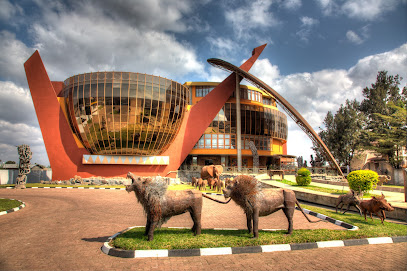
Uzunguni City Park
Discover the flavors of Tanzania at Uzunguni City Park, where delicious breakfasts meet a serene dining atmosphere in the heart of Arusha.
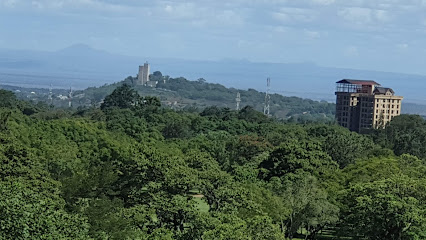
Arusha National Park
Discover Arusha National Park: A breathtaking blend of wildlife, stunning landscapes, and unforgettable adventures in Tanzania.
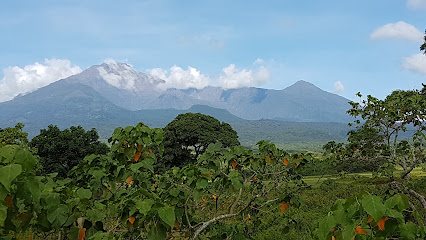
Picnic Bar
Discover the flavors of Tanzania at Picnic Bar, Arusha's grill haven offering delicious meals in a welcoming atmosphere.
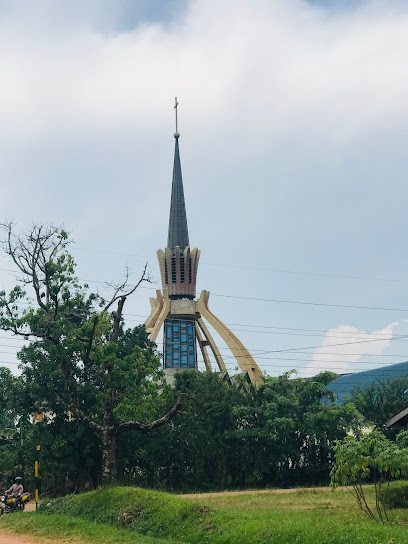
Africafe
Experience authentic Tanzanian coffee culture at Africafe, a cozy café in Arusha offering delicious breakfast and a warm atmosphere.
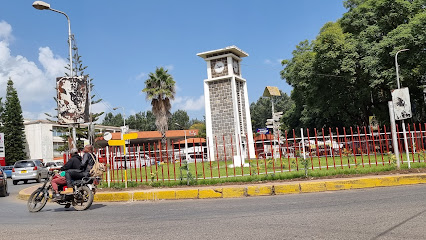
The African Tulip
Discover the charm of The African Tulip in Arusha, where comfort meets adventure, and explore the stunning landscapes of Tanzania.
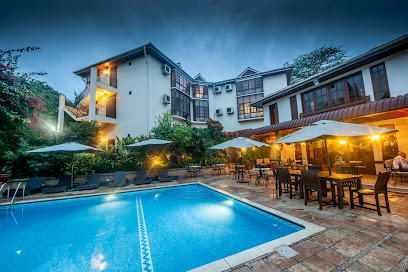
The Pillars Arusha
Experience the vibrant culinary scene of Arusha at The Pillars, a restaurant and bar offering delicious local and international dishes in a lively atmosphere.
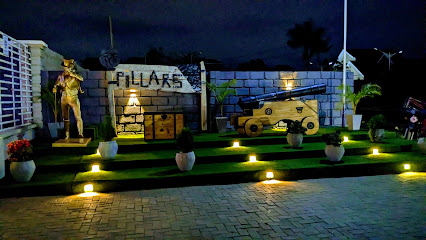
Kilombero Market Daladala Stage
Explore the vibrant Kilombero Market in Arusha for a true taste of Tanzanian culture and shopping, filled with local produce and handcrafted treasures.
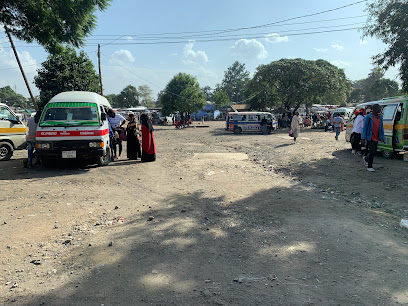
Kibowhy Safaris
Explore the wonders of Tanzania's wildlife at Kibowhy Safaris in Arusha, where adventure and conservation come together for an unforgettable experience.
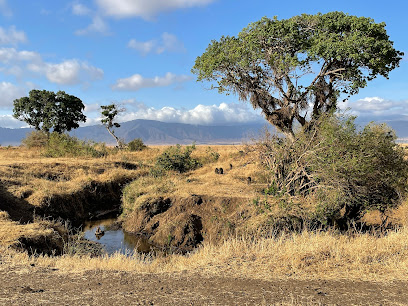
Spices and Herbs Ethiopian Restaurant and lodge
Experience authentic Ethiopian flavors at Spices and Herbs Restaurant in Arusha, where rich spices and warm hospitality come together for an unforgettable meal.
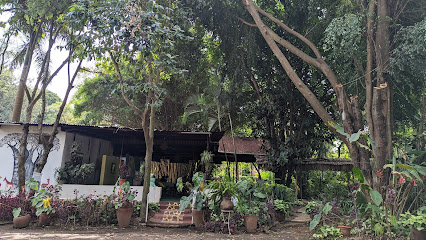
Meru Slopes Tours & Safaris
Explore the breathtaking landscapes and wildlife of Tanzania with Meru Slopes Tours & Safaris for an unforgettable adventure.
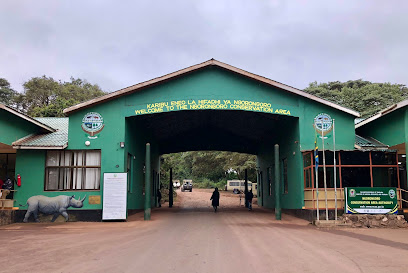
Themi Living Garden
Discover the tranquility and taste of Themi Living Garden - a vegetarian paradise nestled in Arusha National Park, perfect for health-conscious travelers.
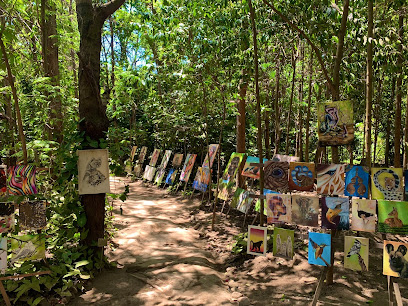
The Tanzanite Experience
Unveil the beauty of tanzanite at The Tanzanite Experience, a unique jewelry store and educational attraction in Arusha, Tanzania.
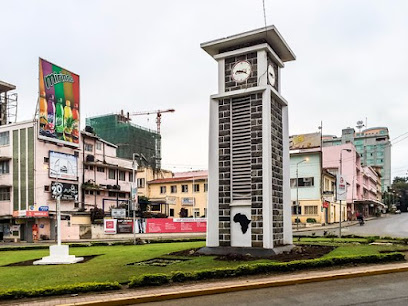
Tumbili Lodge Arusha
Experience the serene beauty of Tumbili Lodge Arusha, where comfort meets adventure in the heart of Tanzania's stunning landscapes.
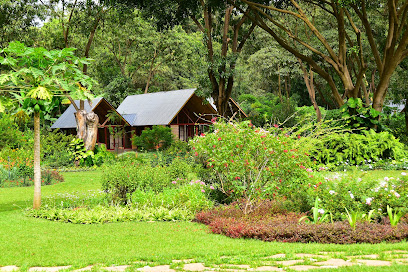
Shanga Gift & Workshop
Discover unique handcrafted treasures while supporting local artisans at Shanga Gift & Workshop in Arusha, Tanzania.
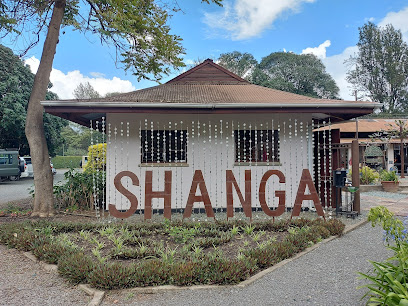
Unmissable attractions to see
Meserani Snake Park
Explore Meserani Snake Park in Duka Bovu: A thrilling blend of wildlife and cultural history awaits you in Tanzania's premier reptile sanctuary.
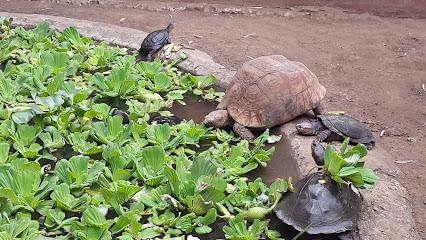
Arusha National Park
Experience the breathtaking landscapes and rich biodiversity of Arusha National Park, a must-visit destination for nature lovers in Tanzania.
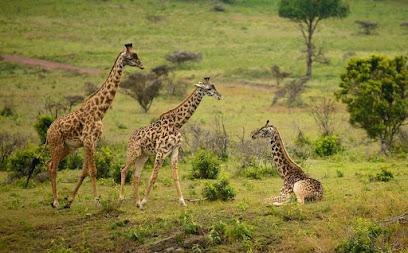
Kilimanjaro Golf and Wildlife
Explore the breathtaking Kilimanjaro Golf and Wildlife in Maweni, where stunning landscapes meet an exceptional golfing experience amidst nature.
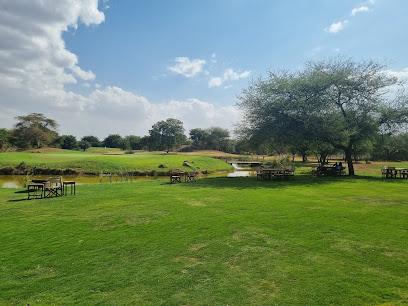
Safari soles tours
Explore the wild beauty of Tanzania with Safari Soles Tours, offering unforgettable safari experiences tailored to your adventure spirit.
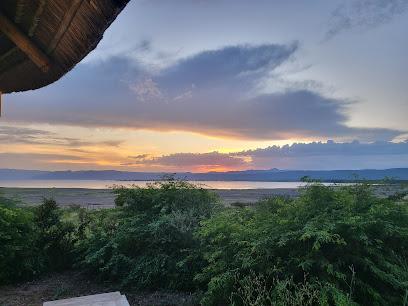
Mt Meru
Explore the beauty of Mt. Meru, an active stratovolcano in Tanzania, perfect for hiking, wildlife viewing, and stunning panoramic vistas.
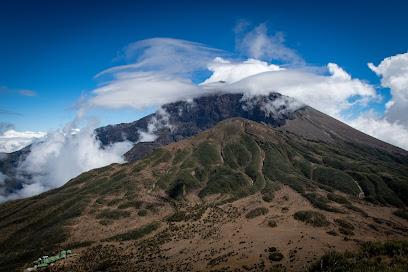
The Tanzanite Experience
Discover the captivating beauty of tanzanite at The Tanzanite Experience in Arusha, Tanzania’s premier destination for rare gemstones and exquisite jewelry.
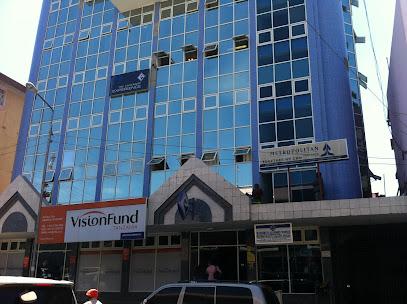
Gosheni Safaris Africa
Explore the natural beauty and vibrant culture of Arusha with Gosheni Safaris Africa, your gateway to unforgettable Tanzanian adventures.
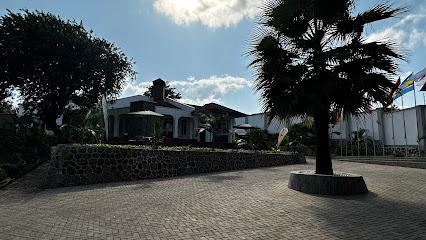
Asilia Africa
Explore Asilia Africa, a premier wildlife and safari park in Arusha, Tanzania, where adventure and conservation come together in stunning natural beauty.
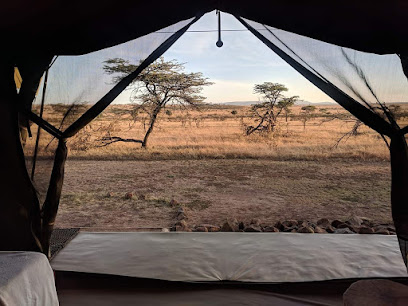
German Boma
Explore the German Boma in Arusha, a historical museum that reveals the captivating stories of Tanzania's colonial past through engaging exhibits.
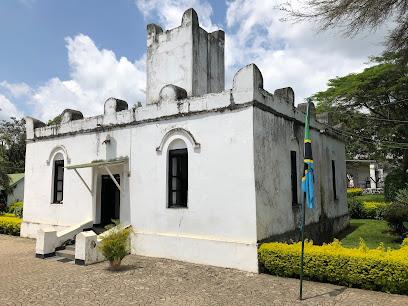
Bobby Tours Tanzania
Experience Tanzania's breathtaking landscapes and vibrant culture with Bobby Tours, your premier local tour operator in Arusha.
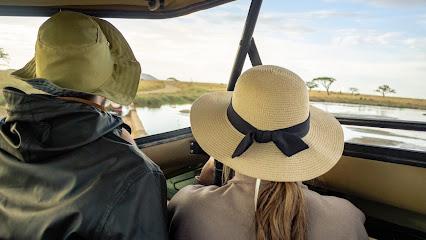
Arusha Declaration Museum
Uncover Tanzania's historical journey at the Arusha Declaration Museum, where artifacts and exhibits reveal the nation's path to independence and unity.
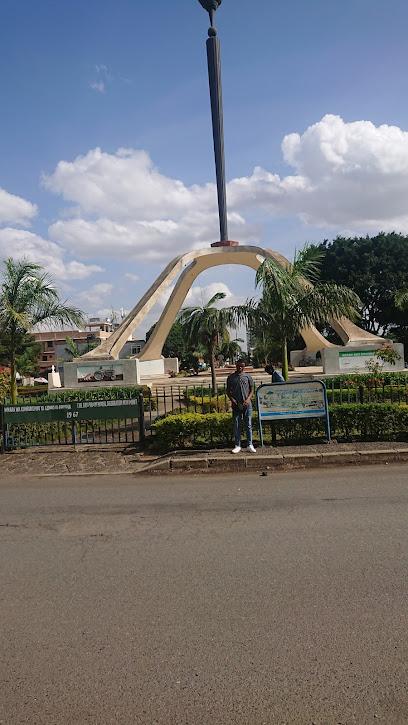
Safaris Africa United
Experience the best of East Africa with Safaris Africa United, where unforgettable adventures await in the heart of Tanzania.
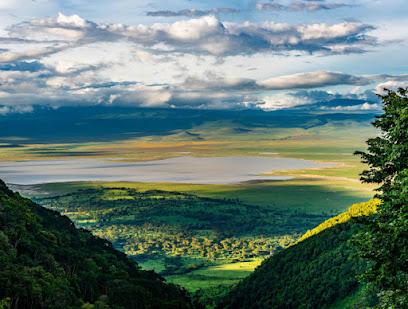
Mt. Meru Waterfall
Experience the stunning beauty and tranquility of Mt. Meru Waterfall, a hidden gem in Tanzania that promises adventure and relaxation amidst nature.
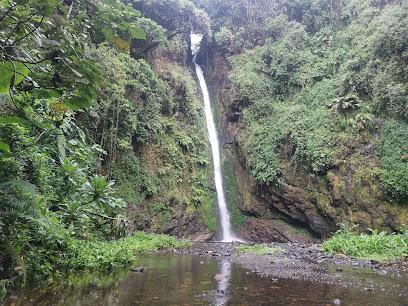
Emmaventure safaris
Discover the beauty of Tanzania with Emmaventure Safaris, your premier tour operator in Arusha for unforgettable wildlife and cultural experiences.
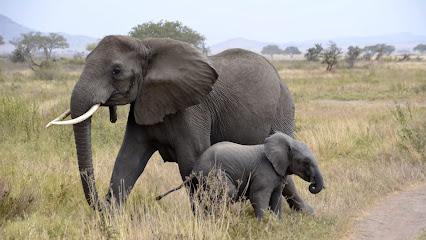
Earthlife Expeditions
Experience unforgettable adventures in Tanzania with Earthlife Expeditions - your gateway to exceptional travel and exploration.
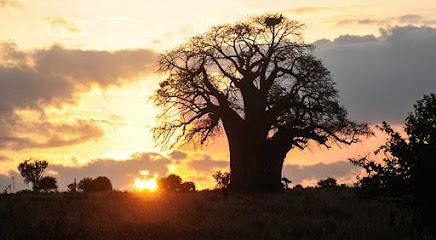
Essential places to dine
Uzunguni City Park
Experience delightful breakfasts and local flavors at Uzunguni City Park, a must-visit restaurant in Arusha's vibrant culinary scene.
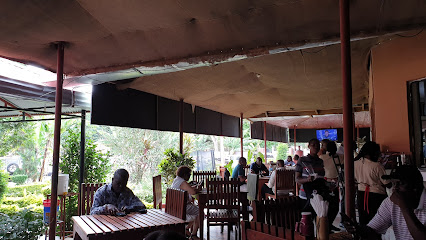
Andrew's
Experience authentic Tanzanian cuisine at Andrew's Restaurant in Arusha - where local flavors meet warm hospitality.
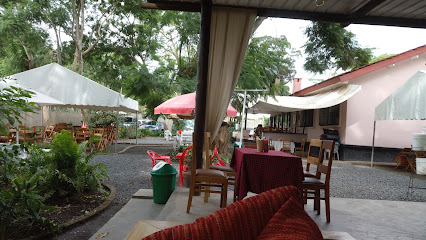
George's Tavern
Experience the vibrant flavors of Tanzania at George's Tavern in Arusha - where delicious cuisine meets warm hospitality.
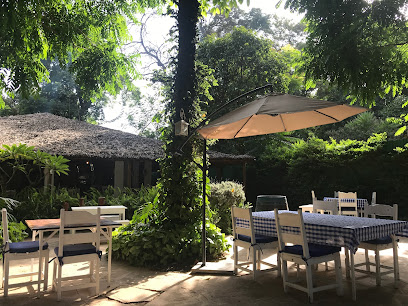
Khan's Barbeque
Experience authentic Tanzanian barbecue at Khan's Barbeque in Arusha – where flavor meets affordability in a lively setting.
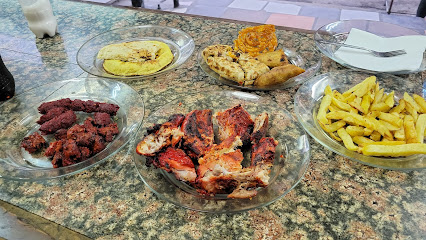
Fifi´s Restaurant & Café
Experience the rich flavors of Tanzania at Fifi’s Restaurant & Café in Arusha – where local meets international cuisine in a warm atmosphere.
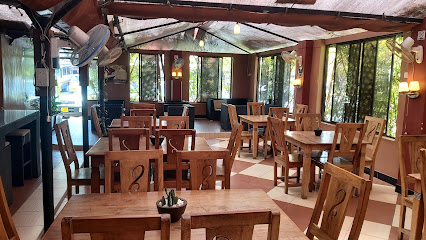
CHOWPATTY INDIAN RESTAURANT (Hot Plate)
Experience authentic Indian cuisine at Chowpatty Indian Restaurant in Arusha - where every dish tells a story.
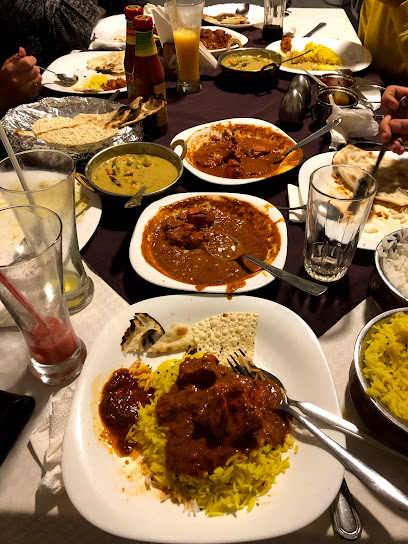
The Blue Heron Restaurant
Experience delightful Tanzanian cuisine at The Blue Heron Restaurant—where every meal is a celebration of flavors.
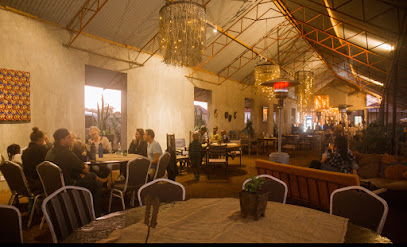
Amber Bar & Restaurant
Discover Amber Bar & Restaurant in Arusha: A culinary gem offering authentic Tanzanian flavors amidst vibrant surroundings.
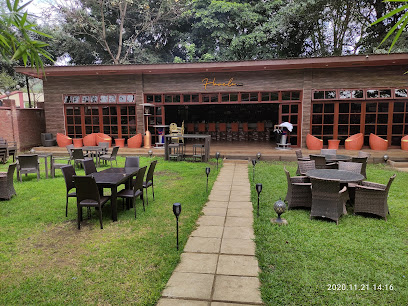
Five Chutneys
Experience authentic vegetarian and vegan Indian cuisine at Five Chutneys in Arusha – where flavor meets health in every dish!
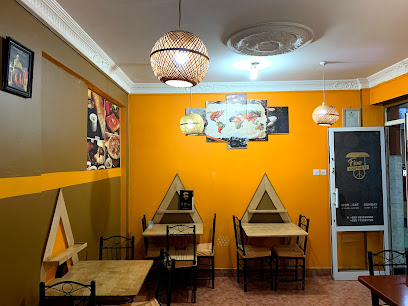
Chinese Whispers
Experience authentic Chinese cuisine at Chinese Whispers in Arusha's Njiro Complex - where tradition meets flavor in every dish.
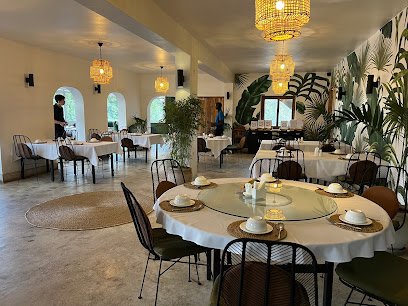
Mwambao Restaurant
Discover authentic Tanzanian flavors at Mwambao Restaurant in Arusha - where culinary tradition meets modern hospitality.
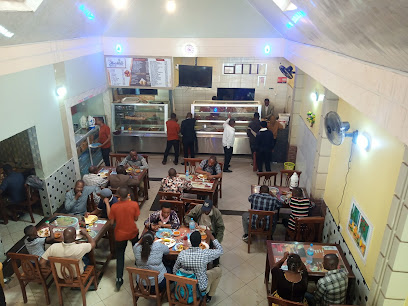
Safari Bistro
Discover the flavors of Tanzania at Safari Bistro - where local cuisine meets international charm in the heart of Arusha.
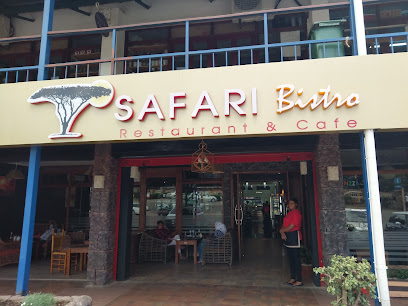
Pablo Picasso Restaurant
Experience the fusion of local flavors and international cuisine at Pablo Picasso Restaurant in Arusha - a culinary journey through art.
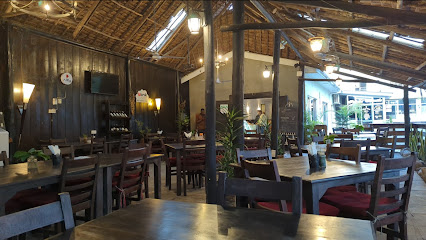
Peace Chinese Restaurant
Experience authentic Chinese cuisine at Peace Chinese Restaurant in Arusha, where every dish tells a story of flavor and tradition.
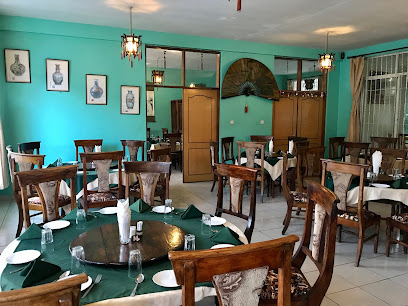
The Ribs Arusha
Experience culinary bliss at The Ribs Arusha - where tantalizing flavors meet vibrant ambiance in the heart of Tanzania.
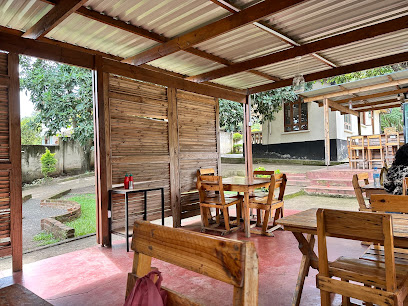
Markets, malls and hidden boutiques
AIM Mall
Explore AIM Mall in Arusha: A premier shopping destination with diverse stores, dining options, and entertainment for the whole family.
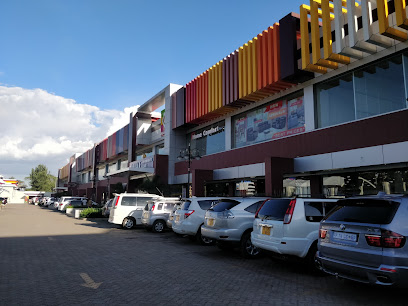
Kajo art gallery
Explore Kajo Art Gallery in Arusha for a vibrant collection of local paintings and a deep dive into Tanzanian culture and creativity.
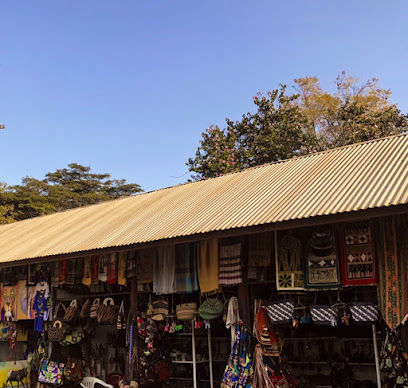
Sable Square Shopping Village
Explore Sable Square Shopping Village in Arusha - a lively hub of shopping, dining, and culture in Tanzania.
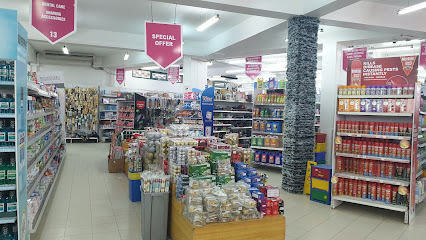
Shanga Gift & Workshop
Explore Shanga Gift & Workshop in Arusha for unique, handcrafted treasures that embody Tanzanian culture and support local artisans.
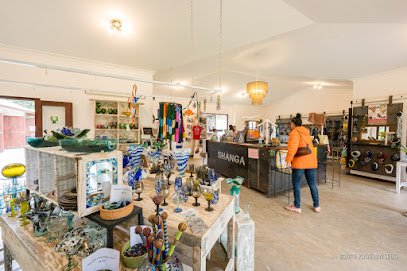
Vunjabei Arusha
Discover the vibrant styles of Tanzania at Vunjabei Arusha, a premier clothing store offering a unique shopping experience in the heart of Arusha.

Littlemore arusha
Discover unique local treasures at Littlemore Arusha, a vibrant store in Tanzania's cultural hub, perfect for souvenirs and gifts.
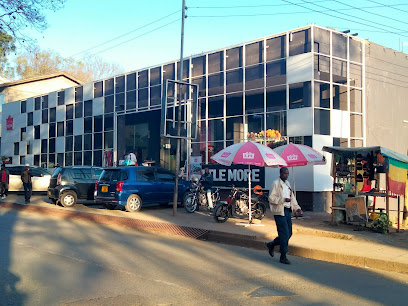
Maasai Market Curios and Crafts
Discover the Maasai Market in Arusha: A vibrant cultural hub filled with authentic crafts and unique souvenirs from local artisans.
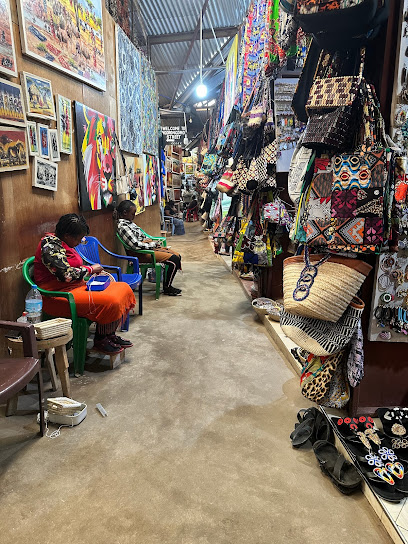
Sanaa Arusha
Explore Sanaa Arusha, your go-to gift shop for authentic Tanzanian crafts, where every purchase supports local artisans and tells a unique story.
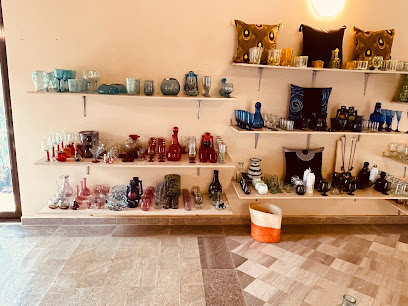
Arusha Mall
Explore Arusha Mall, the ultimate shopping destination in Tanzania, featuring diverse shops, delightful dining options, and a vibrant atmosphere.
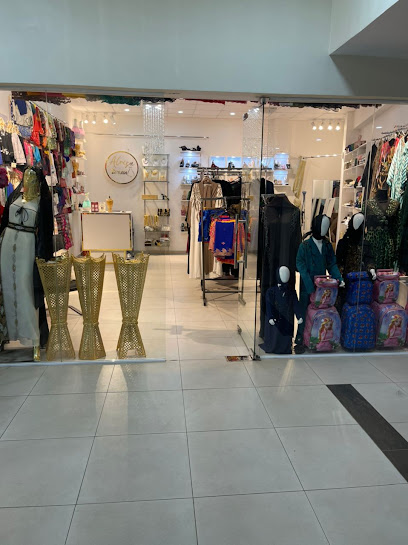
House of Gems
Explore the House of Gems in Arusha, Tanzania, where stunning gemstones and exquisite jewelry come together in an unforgettable experience.

House Of Tanzanite
Explore the enchanting world of Tanzanite at House Of Tanzanite in Arusha, where exquisite jewelry meets expert craftsmanship.
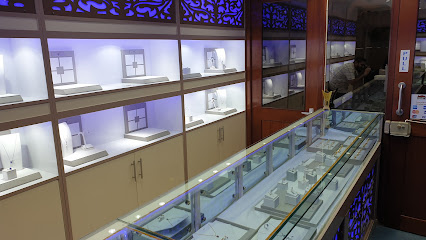
Sidai Designs
Explore the brilliance of Tanzanian craftsmanship at Sidai Designs, where each handcrafted piece tells a unique story.
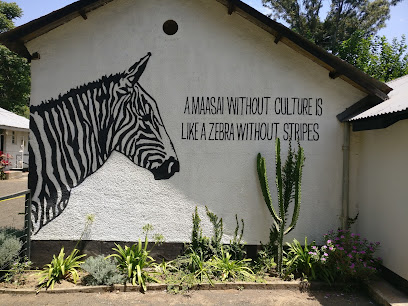
Isle of Jewels LTD
Explore Isle of Jewels LTD in Arusha for exquisite handcrafted jewelry that perfectly captures the essence of Tanzanian artistry and culture.
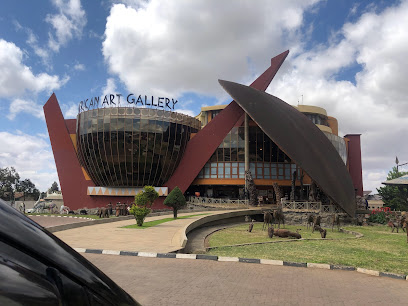
Neashopping cart
Explore Arusha's vibrant fashion scene at Neashopping Cart, offering trendy clothing for women and youth in a friendly, artistic environment.

ARUSHA XOXO mitumba
Explore ARUSHA XOXO mitumba for unique second-hand fashion treasures in Arusha, Tanzania, where affordability meets style.

Essential bars & hidden hideouts
The Don's Lounge
Discover the vibrant atmosphere of The Don's Lounge in Arusha, where delicious food, refreshing drinks, and lively entertainment await.
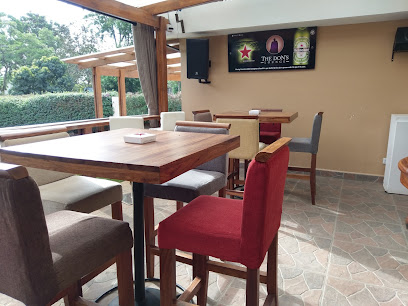
Picnic Bar
Experience the vibrant flavors and warm atmosphere of Picnic Bar, Arusha's beloved grill restaurant, perfect for locals and tourists alike.
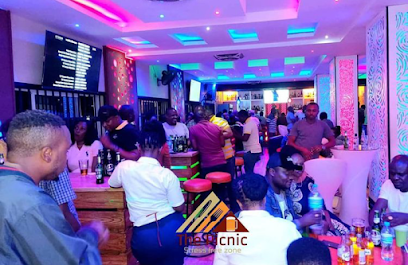
Kipong Bar and lounge
Discover the vibrant atmosphere of Kipong Bar and Lounge in Arusha, offering delicious food, refreshing drinks, and live entertainment in a cozy setting.
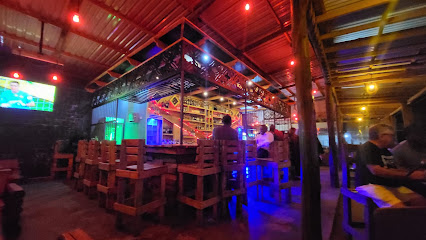
Pin Point
Experience the vibrant nightlife at Pin Point in Arusha, where local culture meets a lively bar atmosphere, perfect for every traveler.
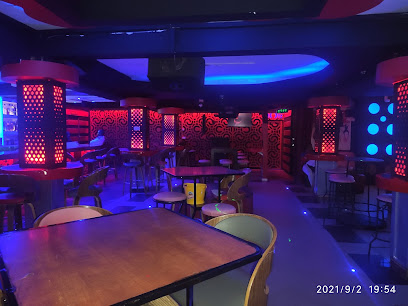
Amber Bar & Restaurant
Experience the vibrant culinary scene of Arusha at Amber Bar & Restaurant, where local flavors meet international cuisine in a lively setting.
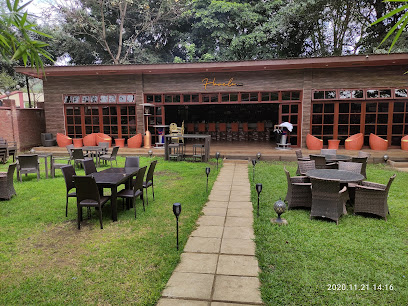
Ken’s Garden Pub and Restaurant
Experience the vibrant flavors of Swahili cuisine and the lively atmosphere at Ken’s Garden Pub and Restaurant in Arusha.
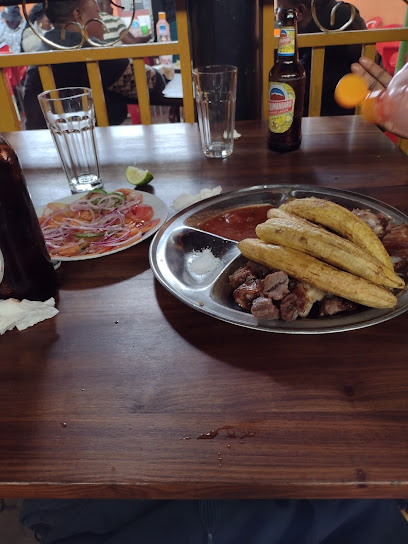
Romboshine Bar
Experience the vibrant nightlife of Arusha at Romboshine Bar, where great drinks and friendly faces await you.
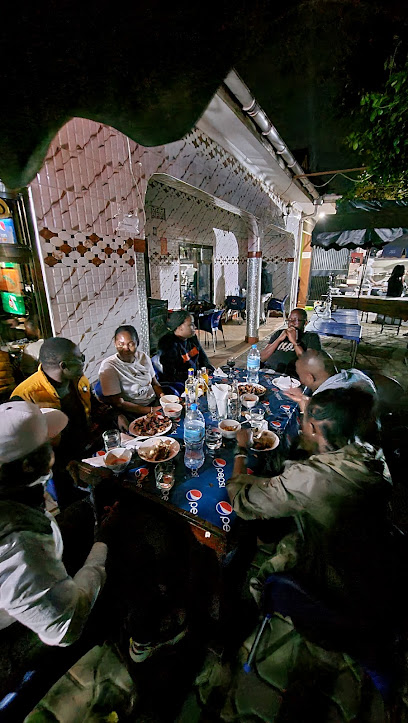
Washington Bar Arusha
Discover the lively spirit of Arusha at Washington Bar, a local hotspot for refreshing drinks and live music in a warm, welcoming atmosphere.
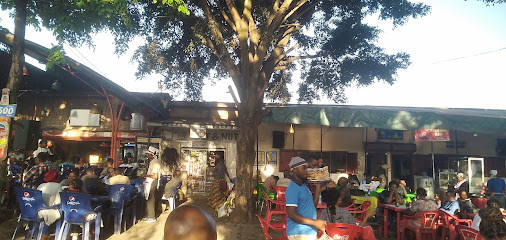
Stiggy's Bar & Restaurant
Experience the vibrant culinary scene at Stiggy's Bar & Restaurant in Arusha, offering delicious local and international dishes in a lively setting.
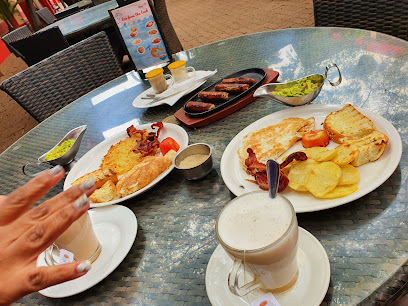
The Lively Lady Bar & Grill
Experience the vibrant atmosphere and delectable flavors at The Lively Lady Bar & Grill in Arusha, a true culinary hotspot for tourists.
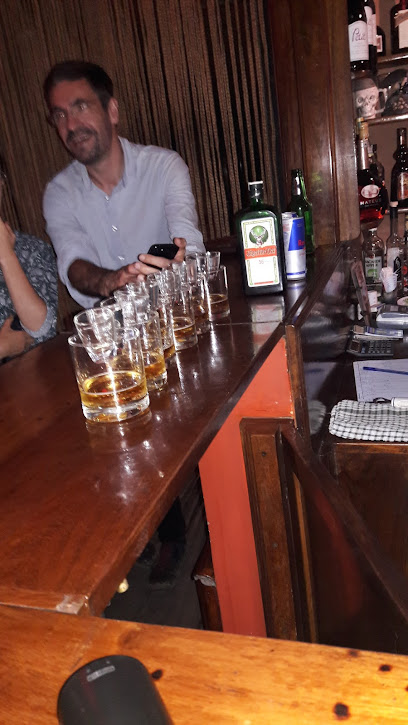
Florida Bar
Discover the vibrant nightlife and local culture at Florida Bar in Arusha, where friendly vibes and refreshing drinks await.
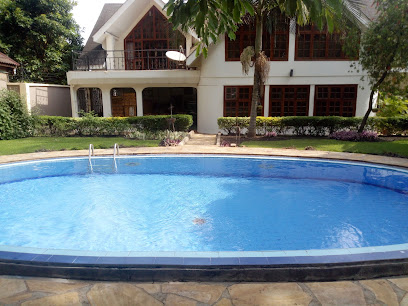
BROTHERS PUB ARUSHA
Experience the vibrant flavors of Arusha at Brothers Pub, your go-to spot for exceptional grilled dishes and local beers.
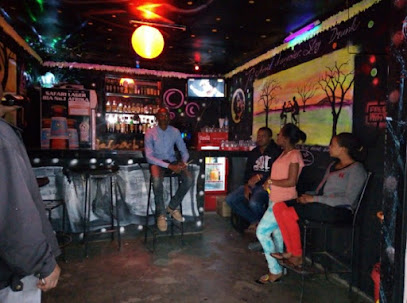
Africana Bar
Discover the lively Africana Bar in Arusha, a vibrant spot for drinks, music, and a taste of local culture.
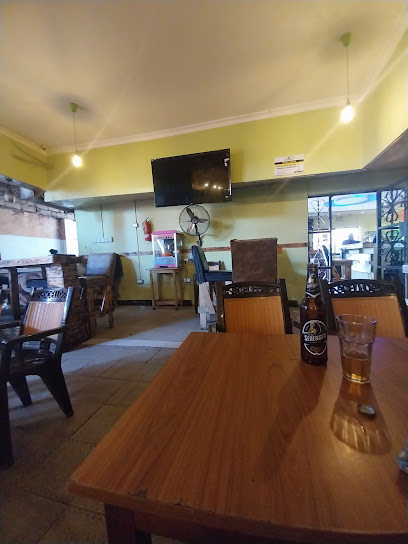
Arusha Live Bar & Restaurant
Dive into the vibrant nightlife of Arusha at Arusha Live Bar & Restaurant, where drinks and local culture blend seamlessly for an unforgettable experience.
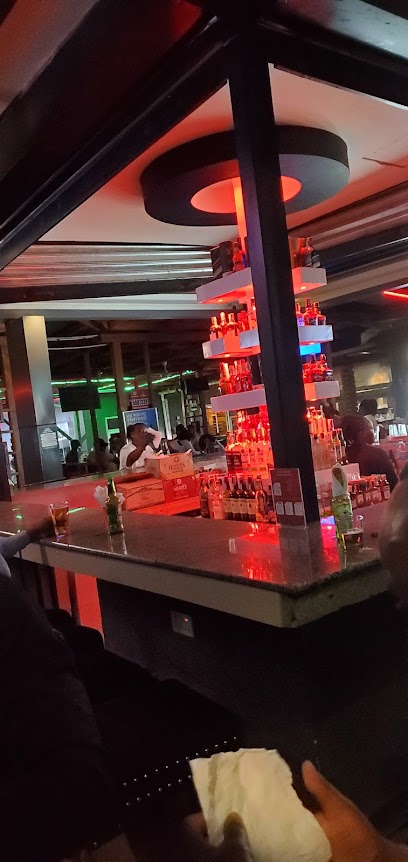
Local Phrases
-
- HelloShikamoo
[shee-kah-moh] - GoodbyeKwaheri
[kwah-heh-ree] - YesNdio
[nn-dee-oh] - NoHapana
[hah-pah-nah] - Please/You're welcomeTafadhali
[ta-fah-dah-lee] - Thank youAsante
[ah-sahn-teh] - Excuse me/SorrySamahani
[sah-mah-hah-nee] - How are you?U hali gani?
[oo hah-lee gah-nee] - Fine. And you?Nzuri. Na wewe?
[n-zoo-ree. nah weh-weh] - Do you speak English?Unasema Kiingereza?
[oo-nah-seh-mah keen-geh-reh-zah] - I don't understandSiwelewi
[see-weh-leh-wee]
- HelloShikamoo
-
- I'd like to see the menu, pleaseNingependa kuona menyu, tafadhali
[ning-eh-pen-dah koo-oh-nah men-yoo, tah-fah-dah-lee] - I don't eat meatSili nyama
[see-lee nyah-mah] - Cheers!Mambo!
[mahm-boh] - I would like to pay, pleaseNingependa kulipa, tafadhali
[ning-eh-pen-dah koo-lee-pah, tah-fah-dah-lee]
- I'd like to see the menu, pleaseNingependa kuona menyu, tafadhali
-
- Help!Usaidizi!
[oo-sah-ee-dee-zee] - Go away!Nenda zako!
[nen-dah zah-koh] - Call the Police!Piga simu polisi!
[pee-gah see-moo poh-lee-see] - Call a doctor!Piga simu daktari!
[pee-gah see-moo dahk-tah-ree] - I'm lostNimepotea
[nee-meh-poh-teh-ah] - I'm illMimi ni mgonjwa
[mee-mee nee m-gohn-jwah]
- Help!Usaidizi!
-
- I'd like to buy...Ningependa kununua...
[ning-eh-pen-dah koo-noo-noo-ah] - I'm just lookingNinaangalia tu
[nee-nah-ahn-gah-lee-ah too] - How much is it?Bei ni kiasi gani?
[bay nee kee-ah-see gah-nee] - That's too expensiveHiyo ni ghali sana
[hee-yoh nee gah-lee sah-nah] - Can you lower the price?Unaweza kupunguza bei?
[oo-nah-weh-zah koo-poon-goo-zah bay]
- I'd like to buy...Ningependa kununua...
-
- What time is it?Saa ngapi?
[sah-ah ngah-pee] - It's one o'clockSaa moja
[sah-ah moh-jah] - Half past (10)Saa tano na nusu
[sah-ah tah-noh nah noo-soo] - MorningAsubuhi
[ah-soo-boo-hee] - AfternoonMchana
[m-chah-nah] - EveningJioni
[joh-ee-oh-nee] - YesterdayJana
[jah-nah] - TodayLeo
[lay-oh] - TomorrowKesho
[keh-shoh] - 1Moja
[moh-jah] - 2Mbili
[m-bee-lee] - 3Tatu
[tah-too] - 4Nne
[n-nay] - 5Tano
[tah-noh] - 6Sita
[see-tah] - 7Saba
[sah-bah] - 8Nane
[nah-neh] - 9Tisa
[tee-sah] - 10Kumi
[koo-mee]
- What time is it?Saa ngapi?
-
- Where's a/the...?Iko wapi...?
[ee-koh wah-pee] - What's the address?Anwani ni gani?
[ahn-wah-nee nee gah-nee] - Can you show me (on the map)?Unaweza kunionyesha (kwenye ramani)?
[oo-nah-weh-zah koo-nee-oh-nyeh-shah (kweh-neh rah-mah-nee)] - When's the next (bus)?Basi liko lini?
[bah-see lee-koh lee-nee] - A ticket (to ....)Tiketi (kwenda ....)
[tee-keh-tee (kwehn-dah)]
- Where's a/the...?Iko wapi...?
History of Arusha
-
Arusha was founded by German colonialists in the early 20th century. Originally established as a minor military garrison, it quickly grew into a trading hub due to its strategic location between the coast and the interior of East Africa. The town was named after the Wa-Arusha people who inhabited the region.
-
During German and later British colonial rule, Arusha saw significant infrastructural development. Railroads and roads were constructed to facilitate the movement of goods and people. The colonial architecture from this era, including administrative buildings and residences, still stands today as a testament to this period.
-
On January 26, 1967, Arusha became the focal point of Tanzanian history when President Julius Nyerere announced the Arusha Declaration. This declaration laid down the principles of Ujamaa (African socialism), focusing on collective farming and nationalization of key industries. It marked a significant shift in Tanzania's socio-economic policies.
-
In the late 20th century, Arusha gained international prominence when it became the seat of the International Criminal Tribunal for Rwanda (ICTR) in 1994. This tribunal was established to prosecute those responsible for the Rwandan Genocide. The presence of the ICTR brought global attention and a multicultural influx to the city.
-
Arusha is a melting pot of cultures, featuring a blend of indigenous groups such as the Wa-Arusha, Meru, and Maasai, alongside immigrant communities from India, the Middle East, and Europe. This cultural diversity is reflected in the city's vibrant markets, cuisine, and festivals, making it a unique destination for cultural exploration.
-
Situated near major attractions like Mount Kilimanjaro, Serengeti National Park, and the Ngorongoro Crater, Arusha has evolved into a gateway for tourists. Safari companies, luxury lodges, and tour operators have flourished, making tourism one of the city's primary economic drivers. The annual Kilimanjaro Marathon and cultural festivals further highlight its role as a tourist hub.
-
Today, Arusha is a bustling urban center that balances its historical legacy with modern growth. It hosts numerous international conferences and serves as a regional center for NGOs and diplomatic missions. Its educational institutions and healthcare facilities attract people from all over the region, contributing to its ongoing development.
Arusha Essentials
-
Arusha is located in the northern part of Tanzania, near the Serengeti National Park and Mount Kilimanjaro. The nearest international airport is Kilimanjaro International Airport (JRO), approximately 60 kilometers away. From the airport, you can take a taxi, shuttle, or private transfer to Arusha, which takes about an hour. Alternatively, Arusha Airport (ARK) serves domestic flights and is located just 8 kilometers from the city center. There are also bus services from major cities like Dar es Salaam and Nairobi.
-
Arusha is a relatively compact city, and many attractions are within walking distance. For longer journeys, local taxis and ride-hailing services are readily available. Public minibuses, known as 'daladalas,' are a common and inexpensive way to get around, although they can be crowded. Car rentals are available for those who prefer to explore at their own pace. Boda-bodas (motorcycle taxis) are another quick and affordable option but come with higher safety risks.
-
The official currency in Tanzania is the Tanzanian Shilling (TZS). Credit cards are accepted in many hotels, restaurants, and larger shops, but it is advisable to carry cash for smaller establishments and markets. ATMs are widely available in Arusha, but it's wise to withdraw sufficient cash before heading to remote areas. Currency exchange services are available at banks and authorized exchange bureaus.
-
Arusha is generally safe for tourists, but like any city, it is important to take precautions. Avoid walking alone at night and be cautious in crowded areas where pickpocketing can occur. Some neighborhoods, such as Unga Limited and Kijenge, have higher crime rates and should be avoided, especially after dark. Always use reputable taxi services and avoid displaying valuable items openly.
-
In case of emergency, dial 112 for immediate assistance. The local police station and medical facilities, including Arusha Lutheran Medical Centre and Mount Meru Regional Hospital, are available in the city. It is recommended to have travel insurance that covers medical emergencies. For minor health issues, there are numerous pharmacies where you can purchase over-the-counter medications.
-
Fashion: Do dress modestly, especially when visiting religious sites or rural areas. Avoid wearing revealing clothing. Religion: Do respect local customs and traditions. Always remove your shoes when entering a mosque. Public Transport: Do be patient and respectful when using daladalas. Don’t argue with the driver or conductor. Greetings: Do greet people with a handshake and a smile. Using the Swahili greeting 'Jambo' is appreciated. Eating & Drinking: Do try local dishes like Ugali and Nyama Choma. Don't drink tap water; always opt for bottled or filtered water.
-
To experience Arusha like a local, visit the Maasai Market for unique handicrafts and souvenirs. Engage with locals who are often friendly and willing to share insights about their culture. Don't miss the Arusha Cultural Heritage Centre, which offers a glimpse into the diverse cultures of Tanzania. For a unique experience, take a day trip to the nearby coffee plantations or hike the trails of Mount Meru.
Trending Landmark in Arusha
-
Cultural Heritage Centre
-
Uzunguni City Park
-
Arusha National Park
-
Picnic Bar
-
Africafe
-
The African Tulip
-
The Pillars Arusha
-
Kilombero Market Daladala Stage
-
Kibowhy Safaris
-
Spices and Herbs Ethiopian Restaurant and lodge
-
Meru Slopes Tours & Safaris
-
Themi Living Garden
-
The Tanzanite Experience
-
Tumbili Lodge Arusha
-
Shanga Gift & Workshop
Nearby Cities to Arusha
-
Things To Do in Moshi
-
Things To Do in Nairobi
-
Things To Do in Singida
-
Things To Do in Naivasha
-
Things To Do in Dodoma
-
Things To Do in Tanga
-
Things To Do in Diani Beach
-
Things To Do in Mombasa
-
Things To Do in Nakuru
-
Things To Do in Malindi
-
Things To Do in Morogoro
-
Things To Do in Stone Town
-
Things To Do in Zanzibar City
-
Things To Do in Kisumu
-
Things To Do in Mwanza












